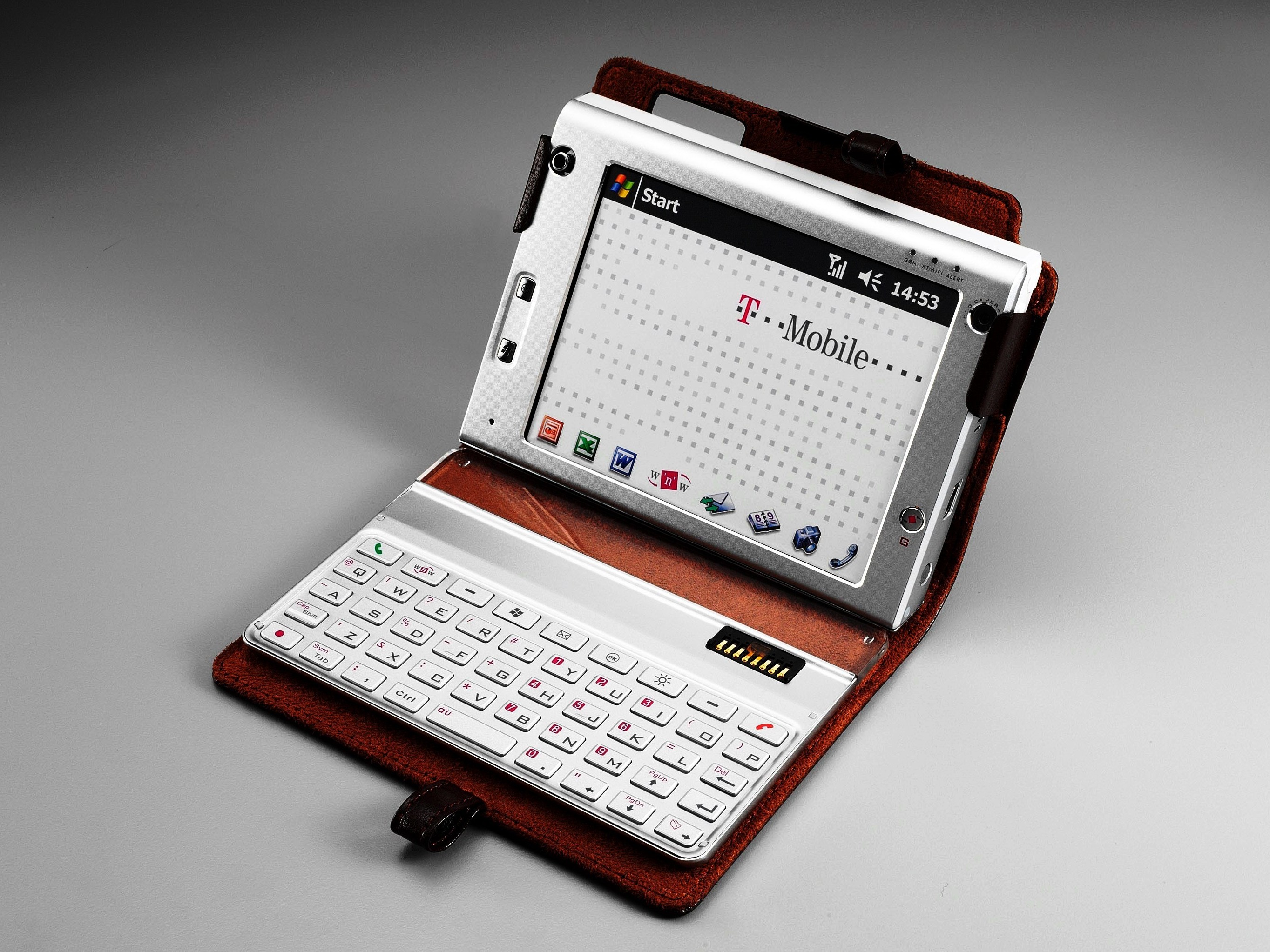T-Mobile Ameo 3G smartphone due in March
Mini-laptop style phone with satnav and HSDPA built-in

Sign up for breaking news, reviews, opinion, top tech deals, and more.
You are now subscribed
Your newsletter sign-up was successful
T-Mobile looks set to launch its Ameo Windows Mobile Pocket PC smartphone in March.
The mini-laptop style Ameo boasts impressive spec including 3G calling and HSDPA high-speed internet access, a 5-inch touchscreen display and detachable Qwerty keyboard. It will also feature an integrated satnav receiver and an 8GB hard disk drive.
Full specs have yet to be released by T-Mobile although we've learned that it will support Wi-Fi and offer mobile data speeds of up to 1.8Mbps via 3G/HSDPA.
Key features include an Intel Bulverde 624MHz processor and two digital cameras. The main one on the back will be a 3-megapixel version with autofocus and flash. The second - on the front - is for video calling. MicroSD card expansion will also be supported. The Ameo is also expected to include stereo onboard speakers, Bluetooth headphones and a 3.5mm headphone jack.
The phone will also ship with a standard suite of Windows Mobile 5.0 for Pocket PC software, with mobile versions of Microsoft Word, Excel, Outlook, Internet Explorer and Windows Media Player.
The Ameo will released exclusively in the UK as part of T-Mobile's Web'n'walk smartphone range. Prices for the UK have yet been confirmed, although T-Mobile in Germany is quoting 500 euros (approximately £330) for the device on its Relax 100 tariff.
The Ameo is essentially a rebadged version of HTC's Athena, which will shortly be launched under its own brand as the HTC X7500. Phil Lattimore
Sign up for breaking news, reviews, opinion, top tech deals, and more.
Tech.co.uk was the former name of TechRadar.com. Its staff were at the forefront of the digital publishing revolution, and spearheaded the move to bring consumer technology journalism to its natural home – online. Many of the current TechRadar staff started life a Tech.co.uk staff writer, covering everything from the emerging smartphone market to the evolving market of personal computers. Think of it as the building blocks of the TechRadar you love today.